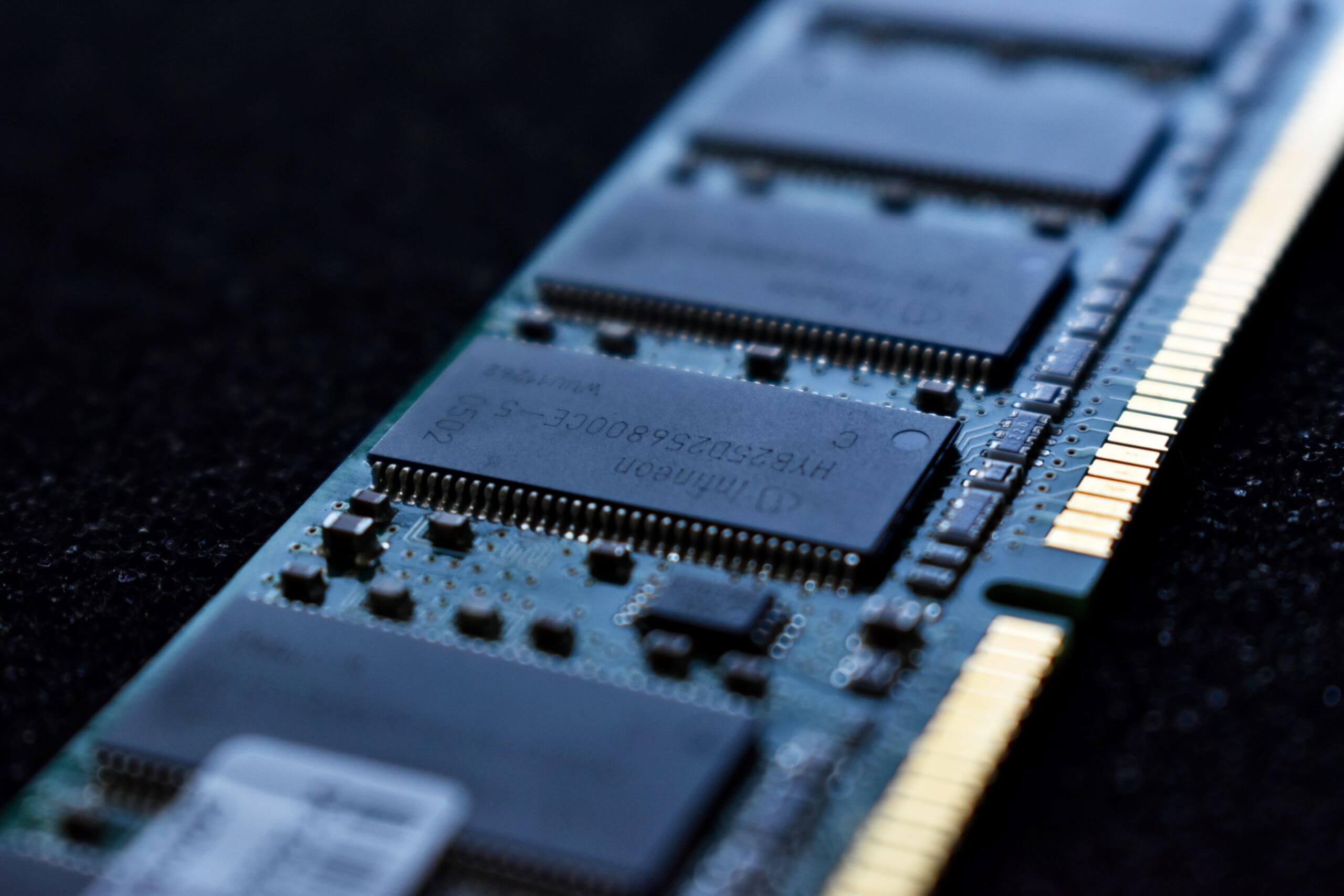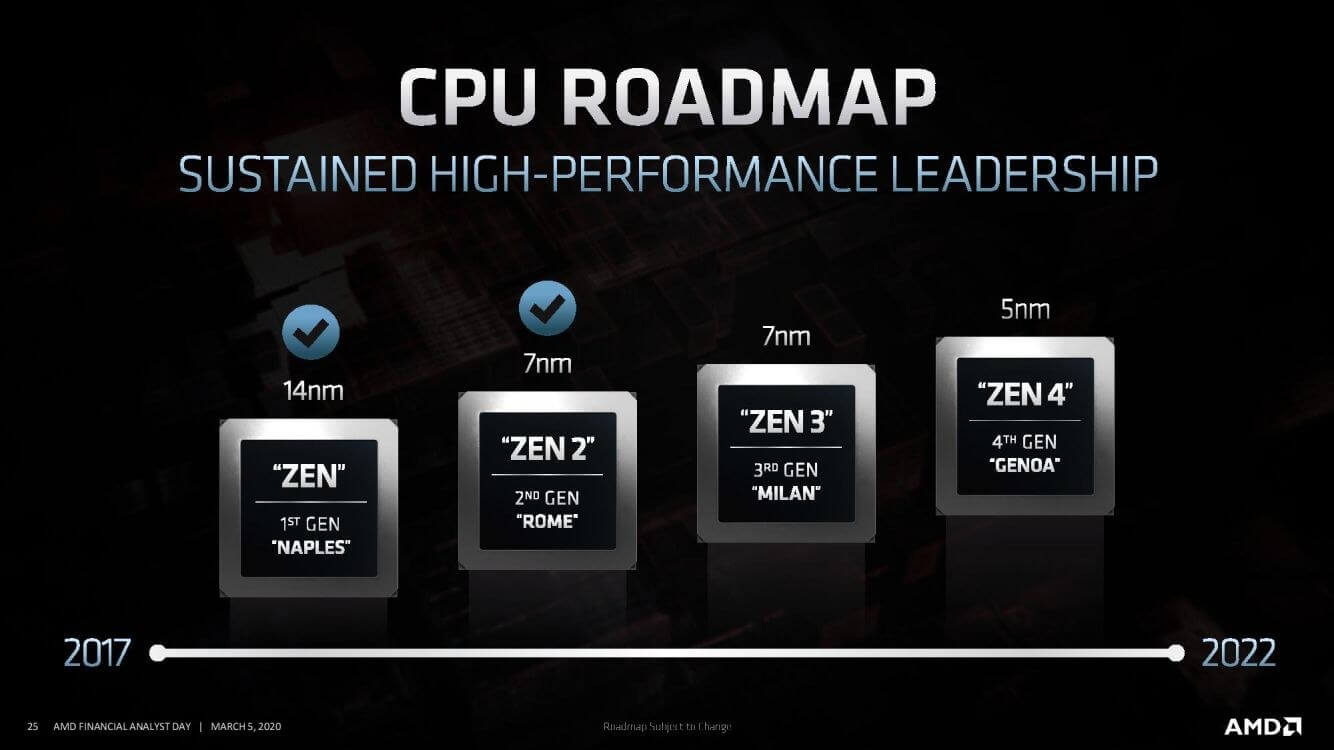Forward-looking: Eagerly awaiting the day when DDR5 RAM goes mainstream? According to what is reportedly a leaked internal company roadmap, AMD will be introducing support for the next-generation memory in 2022.

Gamers Nexus writes that it received an AMD roadmap from an insider that it previously verified. It shows that DDR5 support will arrive in 2022 alongside AMD’s latest CPUs and APUs, with the former likely to be based on Zen 4, while the latter is listed as Zen3+ parts. Additionally, AMD is introducing a low-power version of DDR5 for its laptops in the same year.
Another AMD roadmap from last month showed the company's Zen 4 EPYC Genoa processors available by the end of 2022. These use the 5nm process node, which will likely also be used for the Zen 4-based consumer CPUs when they arrive, presumably in the same year.

The latest roadmap also shows that the 2022 platform will introduce native USB 4.0 support and retain PCIe 4.0, so don’t expect to see PCIe 5.0 for quite a few years yet. While all that sounds promising, it's worth remembering that internal roadmaps can change drastically and are sometimes just used as estimates.
DDR5 is already used in Samsung’s Galaxy S20 series, and it’ll likely appear in plenty more handsets in the future.
SK Hynix recently published a post outlining the advantages of DDR5 over its predecessor, such as reduced power consumption, more reliability, and faster speeds. It can reach 8400 MT/s, giving it a per-channel theoretical bandwidth of 67.2 GB/s, outpacing DDR4’s rated maximum of 25.6 GB/s. A typical dual-channel configuration will offer 134 GB/s, Quad-channel 267 GB/s, and octa-channel 538 GB/s.
| DDR5 | DDR4 | |
| Frequency* | 3200 → 8400 | 1600 → 3200 |
| Density | 2 Gb → 16 Gb | 8 Gb → 64 Gb |
| Operating Voltage | 1.1 V | 1.2 V |
| Peak-to-Peak Voltage | 1.8 V | 2.5 V |
| Burst Length | 16 | 8 |
| Bank Groups | 8 | 4 |
| Banks (Total) | 32 | 16 |
| Prefetch Length | 16n | 8n |
SK Hynix added that it is starting mass-production of its DDR5 memory chip this year, joining Micron, which announced at CES that it had begun sampling DDR5 registered RDIMMs with industry partners, and Samsung, which will start mass-production of DDR5 modules in 2021.
https://www.techspot.com/news/85011-internal-amd-roadmap-shows-ddr5-native-usb-40.html
